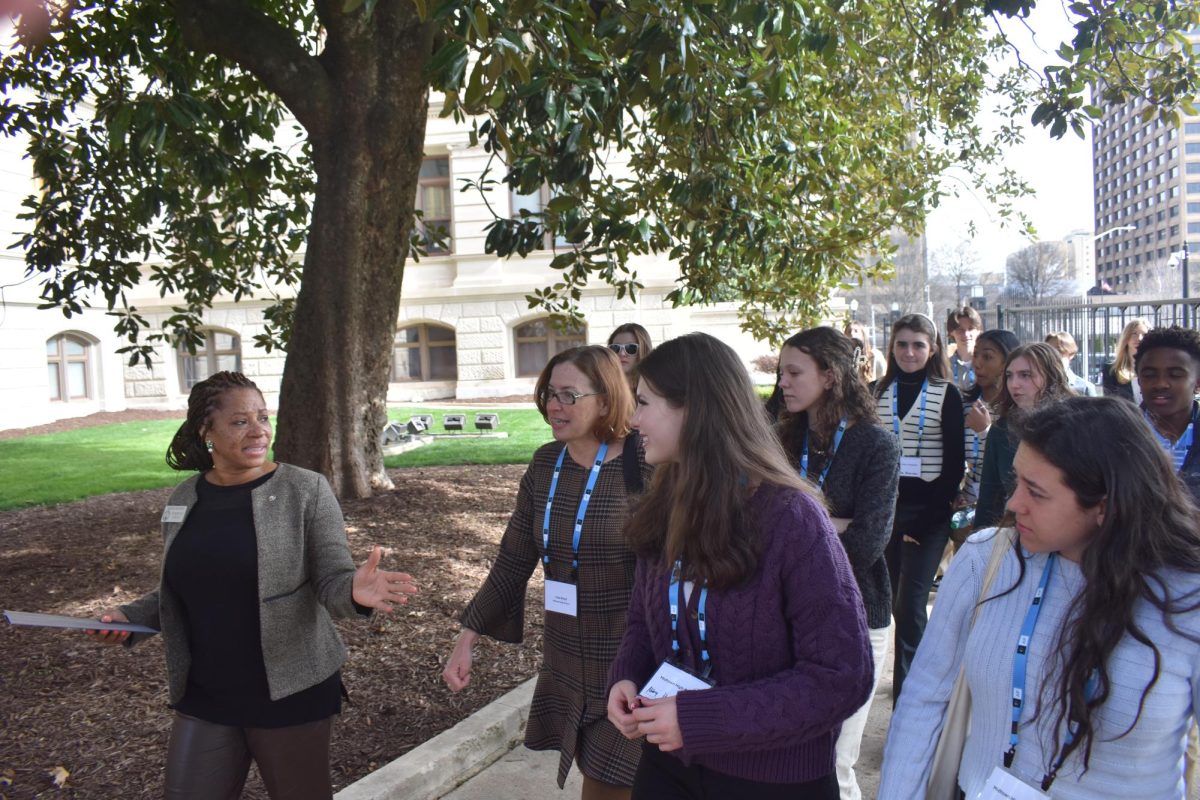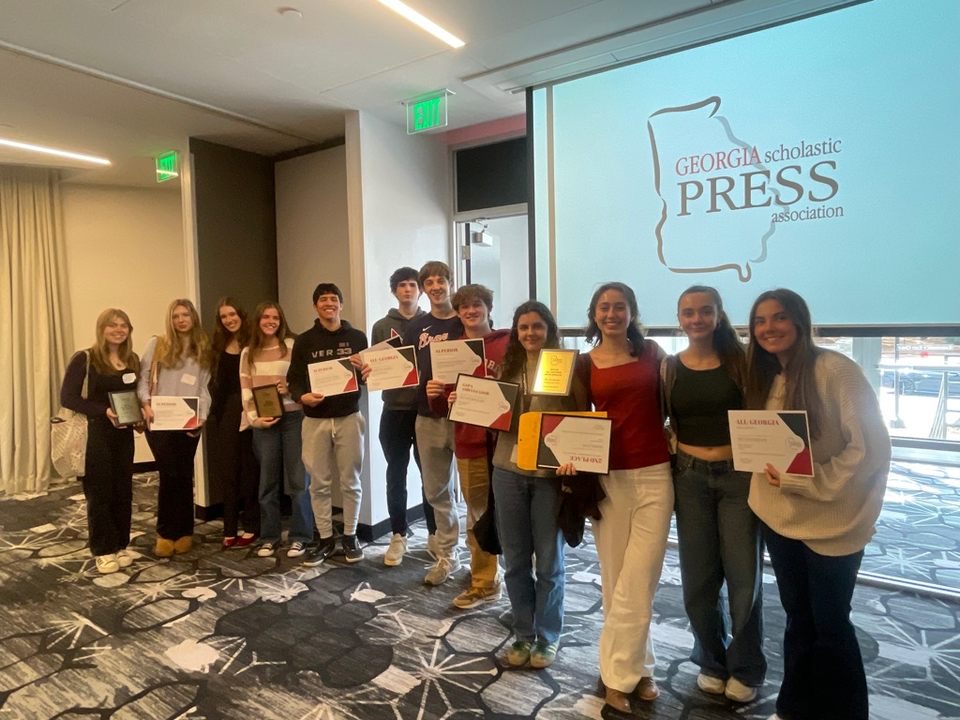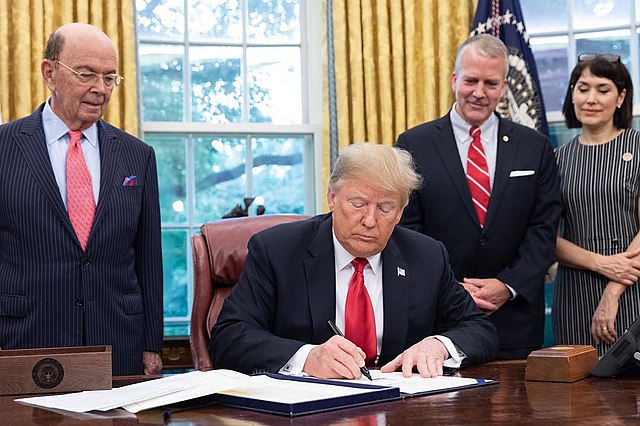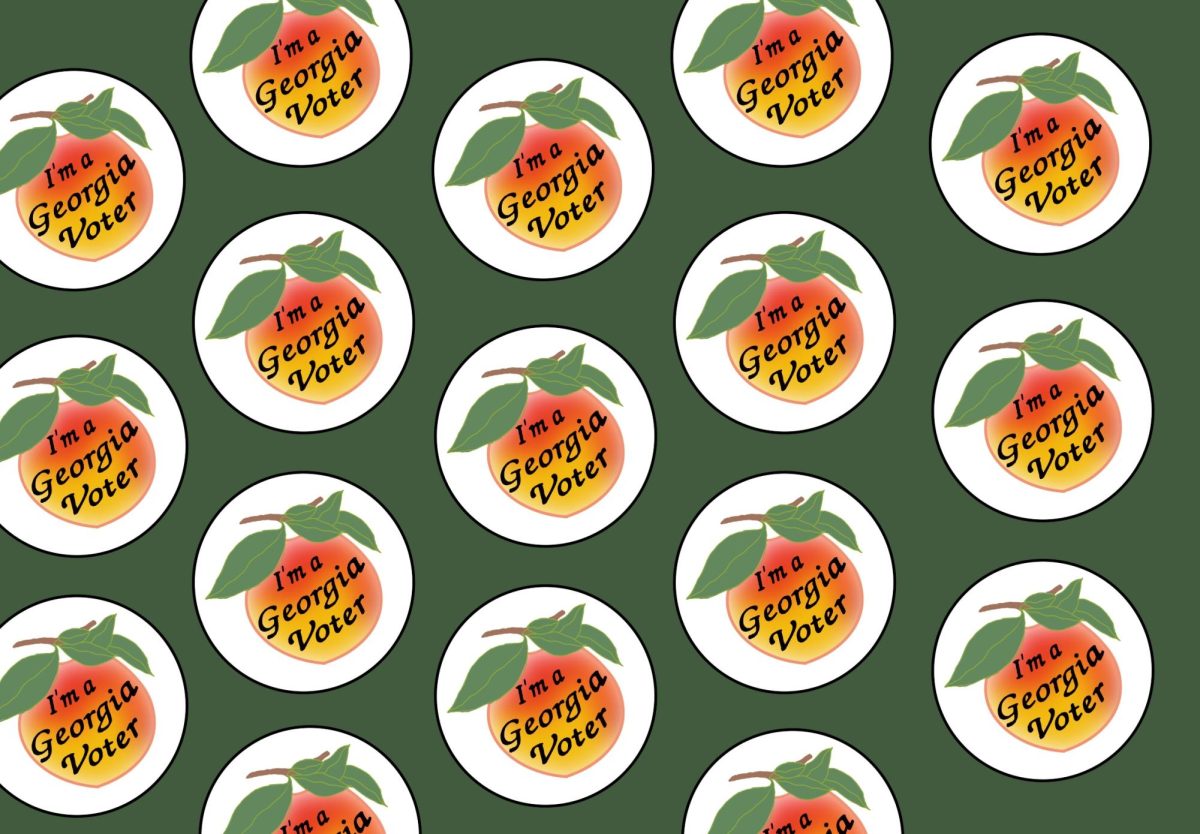BY WILL STAPLES
In May 1992 Dan Quayle, vice president under George H.W. Bush, announced the anti- consumer right-to-know policy which allowed genetically modified organisms to be released into the market. GMO refers to any organism that has undergone genetic engineering in order to alter it. The process of genetically engineering produce is a worthwhile scientific pursuit, but our knowledge of genetic engineering doesn’t make up for our expectations of its potential applications.
Currently, a wide variety of the produce we eat is grown with GMO seed which is regulated and sold almost exclusively by one corporation, Monsanto. Monsanto has been the corporate entity responsible for chemicals such as Agent Orange, a chemical used in herbicidal warfare that killed hundreds of thousands in Vietnam and led to more than 500,000 birth defects, and DDT, a chemical insecticide that travels through the food web potentially poisoning all involved. Both chemicals are now illegal.
Monsanto’s deeply interconnected relationship with the Food and Drug Administration and U.S. regulatory and judicial bodies makes it possible for it to corner the market and get legislation passed requiring farmers to grow produce using their seed for a potentially unlimited profit.
On Sept. 17, a protest took place in Atlanta orchestrated by Millions Against Monsanto, a group which aims to require labeling of GMOs and to eventually have Monsanto’s activities outlawed. The protest was run in front of various GMO-peddling institutions on Ponce, including McDonalds, Kroger, Whole Foods, Publix and Home Depot.
Grady student Aeron Attwooll first informed me about Monsanto’s business practices. I was skeptical until I reviewed the overwhelming evidence presented by former Monsanto scientists and in studies produced by the United Nations and the European Union. Currently 93 percent of all soybeans, 86 percent of all corn and 90 percent of all canola on the U.S. market is genetically modified because regulation of GMO products forces farmers to buy GMO seeds or face Monsanto’s patent lawyers if their non-GMO crop became pollinated naturally. As a result, Monsanto’s crops spread like wildfire.
What exactly is so harmful about genetically modified food? GMOs contain unstable genetic alterations that can embody a variety of characteristics from beneficial to downright awful.
French scientists and former GMO employees Arpad Pusztai and Gilles-Eric Seralini revealed that rats fed GMO corn sold by Monsanto suffered tumors, kidney and liver damage, sterility and shorter lives. They attempted to share this discovery and Monsanto terminated their contracts and attempted to silence them under threat of legal action.
GMOs are not the answer. Organic farming, permaculture and vertical farms can be implemented to better conserve land and to stimulate small farmers in the U.S. and developing nations.












